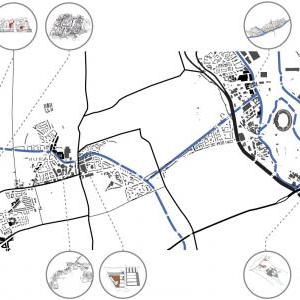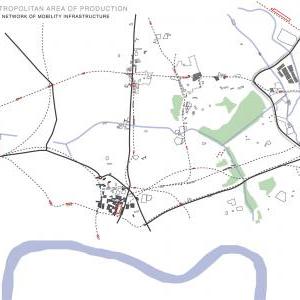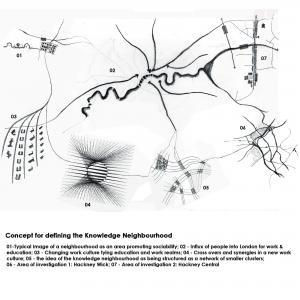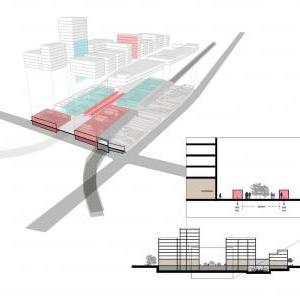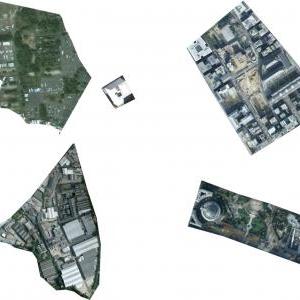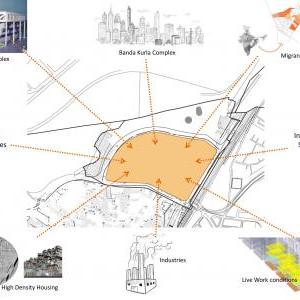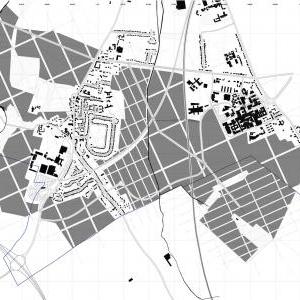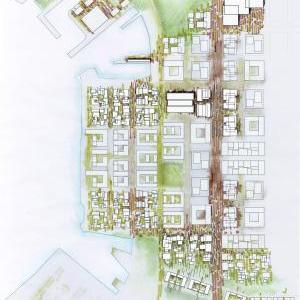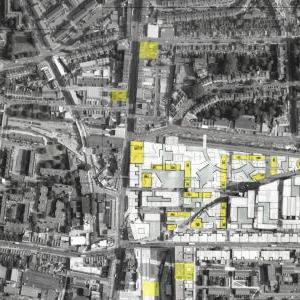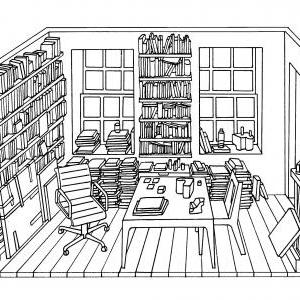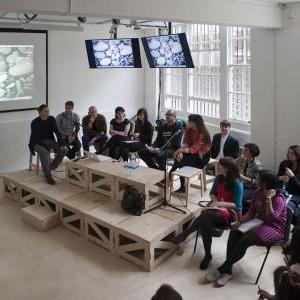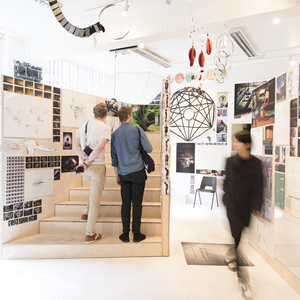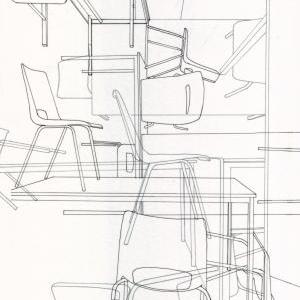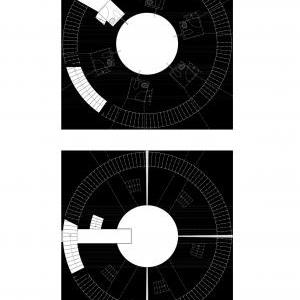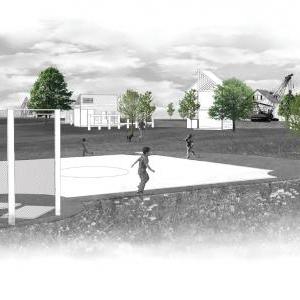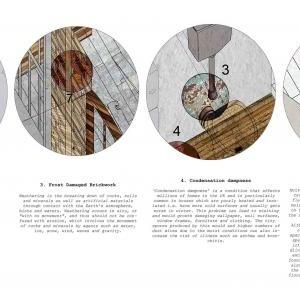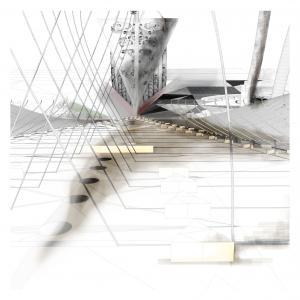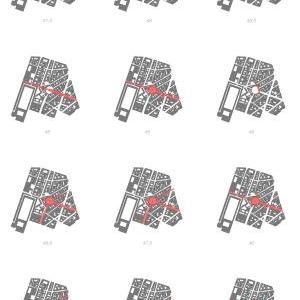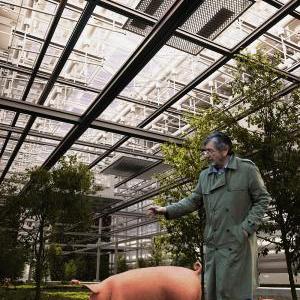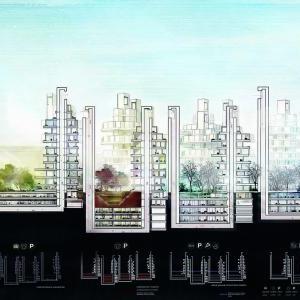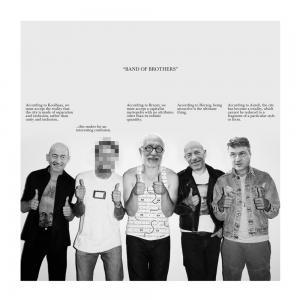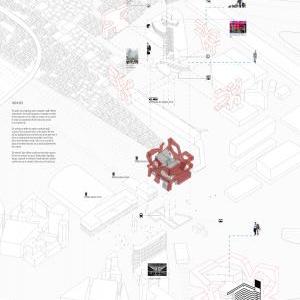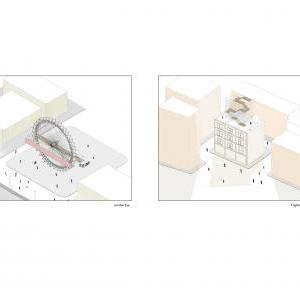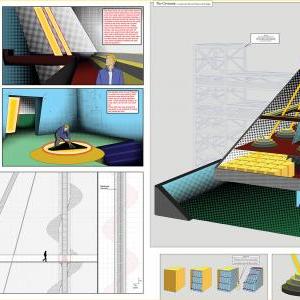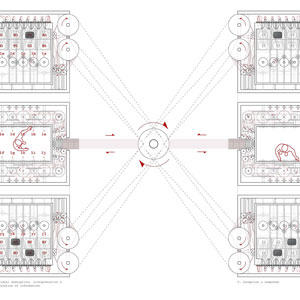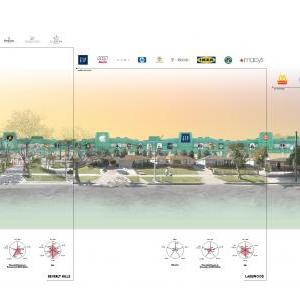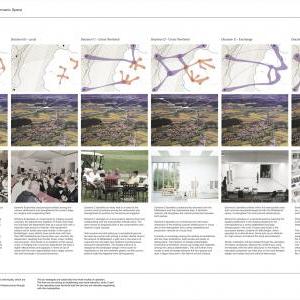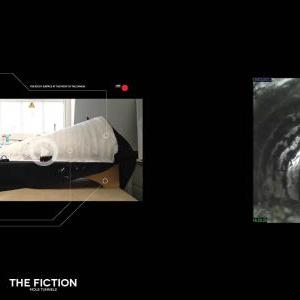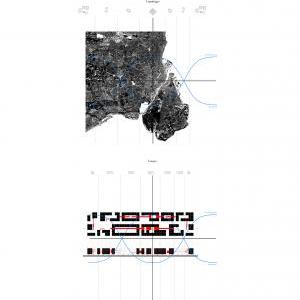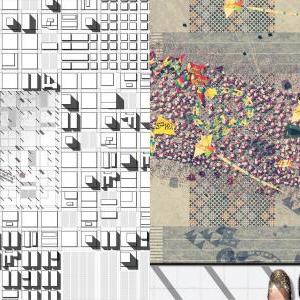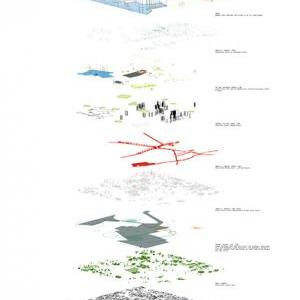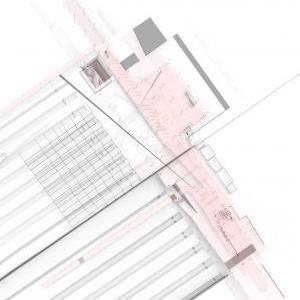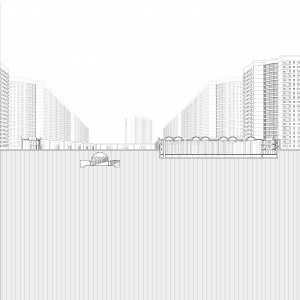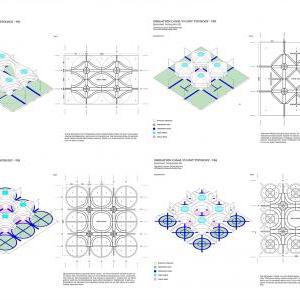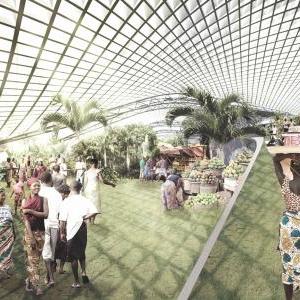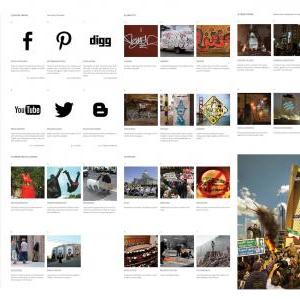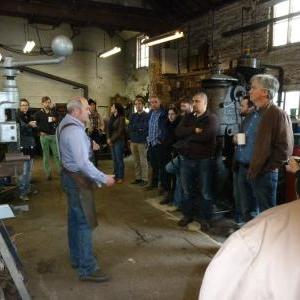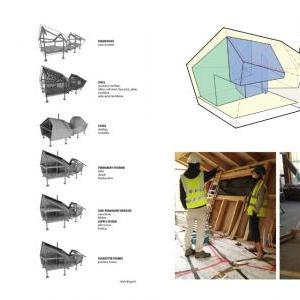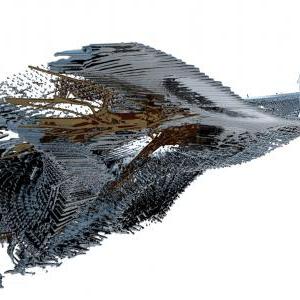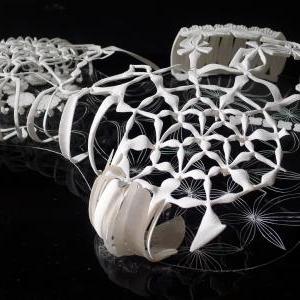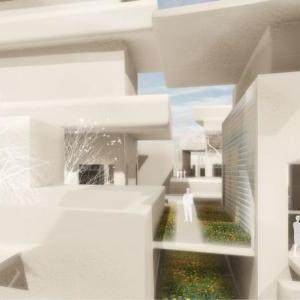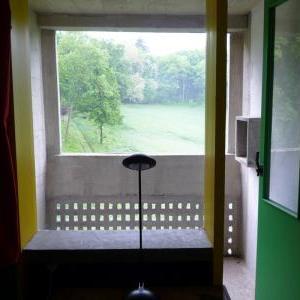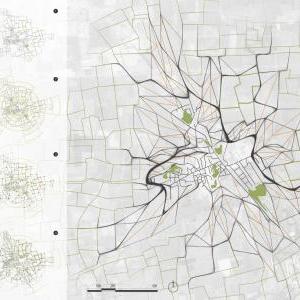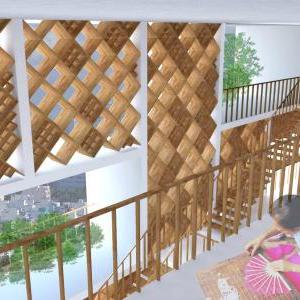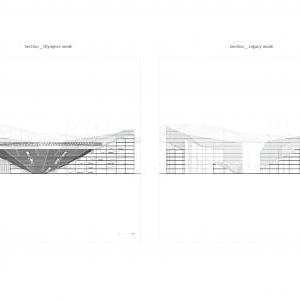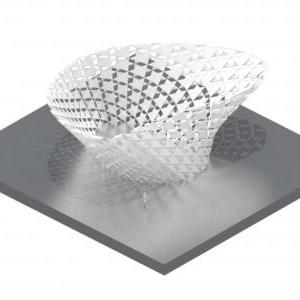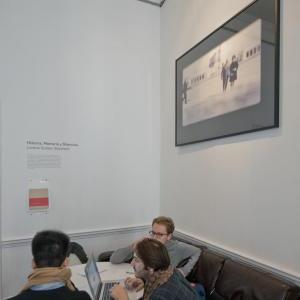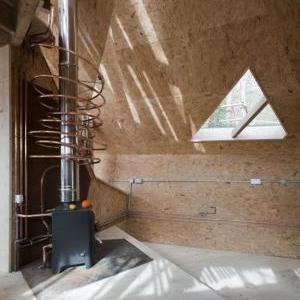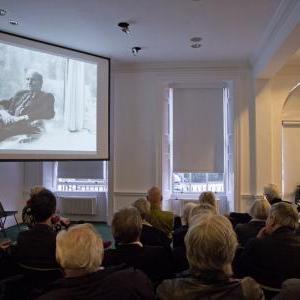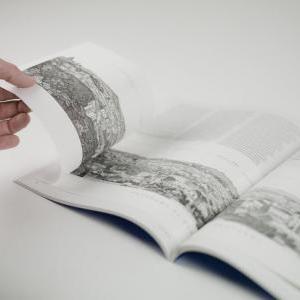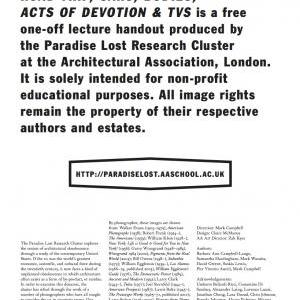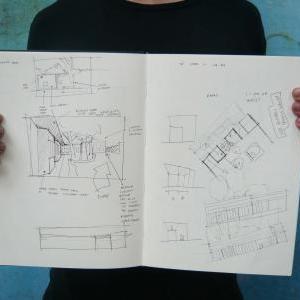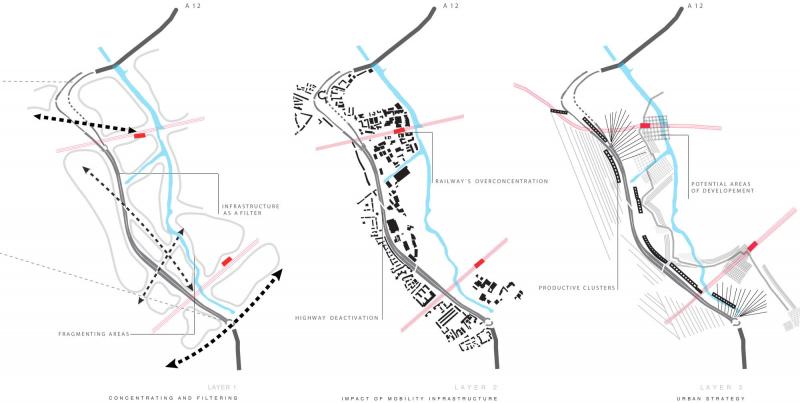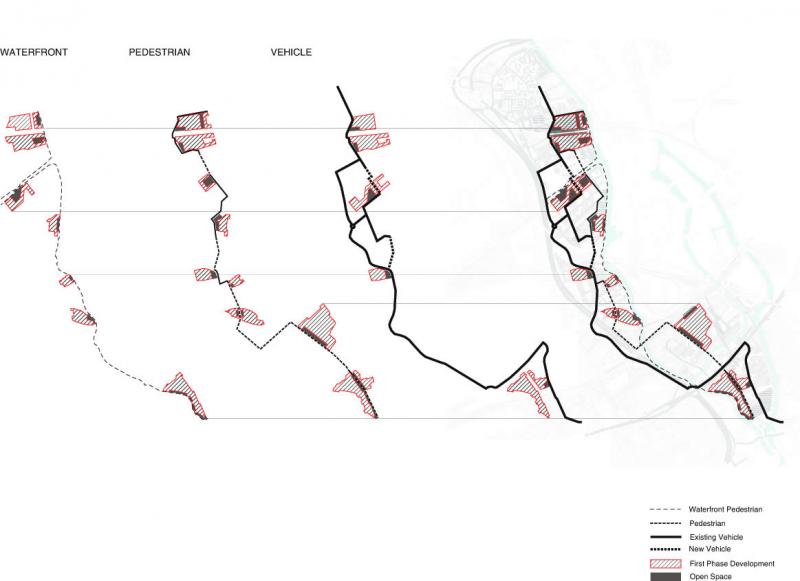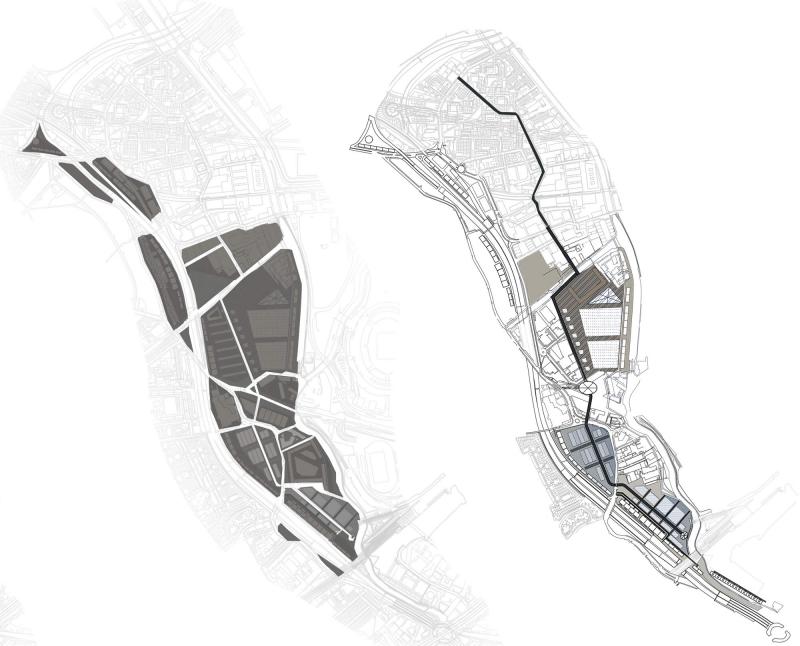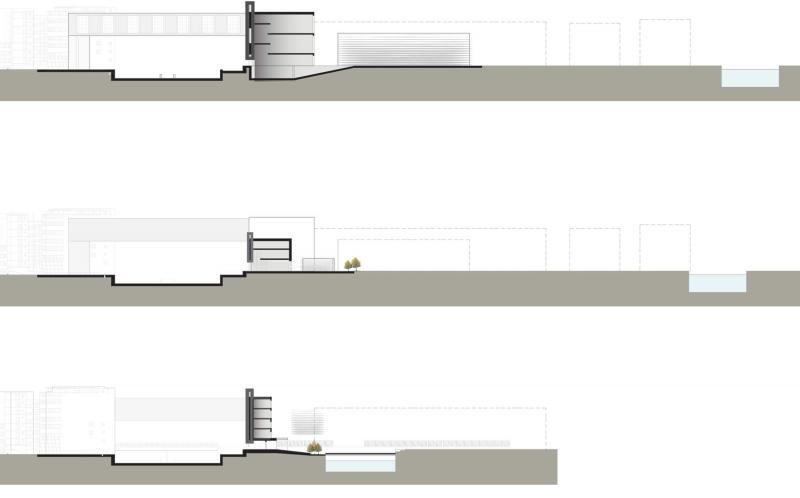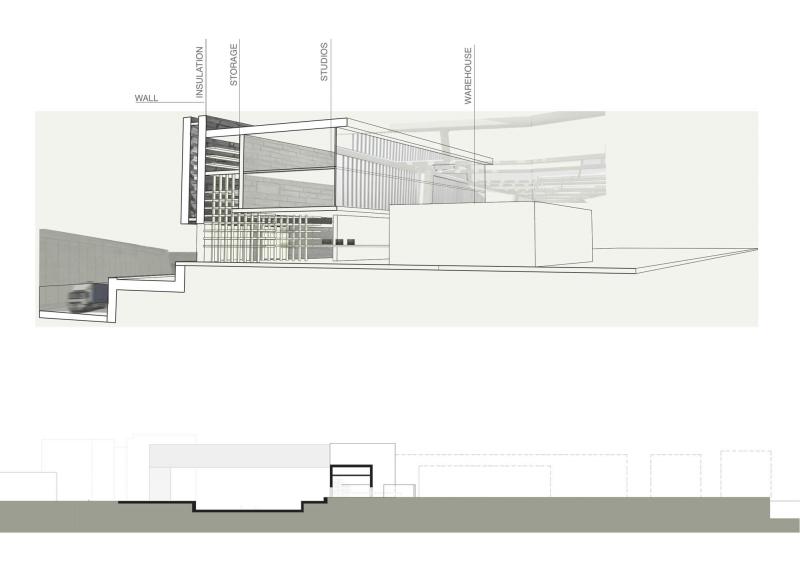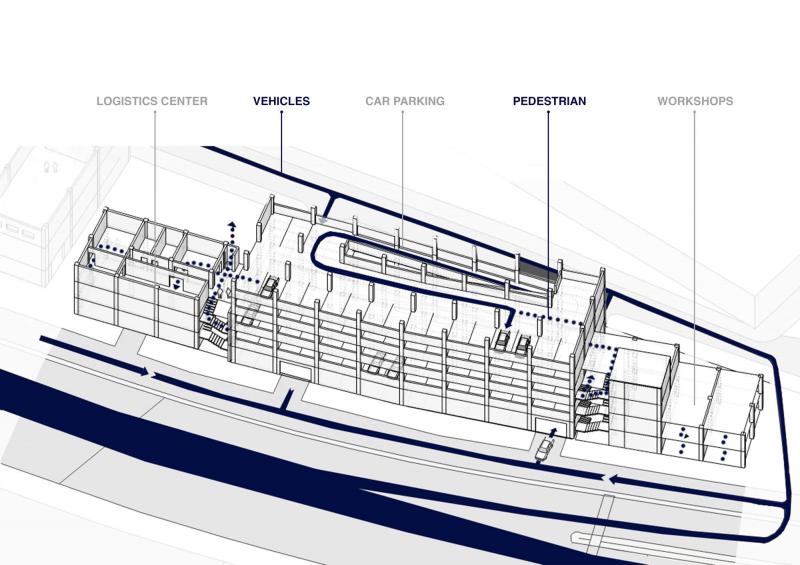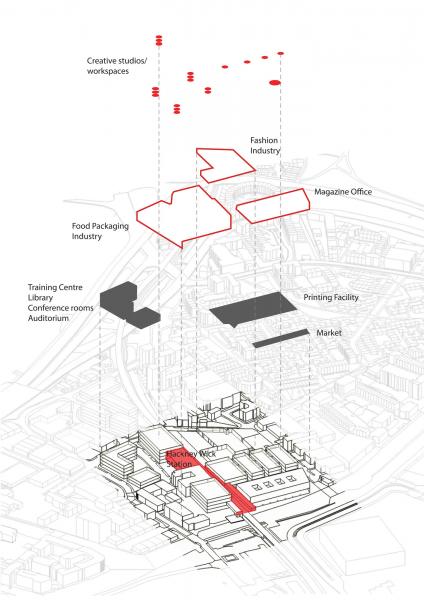The Housing and Urbanism Programme applies architecture to the challenges of contemporary urban strategies. Today’s metropolitan regions show tremendous diversity and complexity, with significant global shifts in the patterns of urban growth and decline. The programme investigates how architectural intelligence advises us to understand and respond to the changing urban condition. Housing is explored both as a major critical aspect of urbanism and as a means to reflect upon changing ideas of living space and domesticity, identity and public space.
Offering a 12-month MA and a 16-month MArch, the programme engages with cross-disciplinary research as well as applicable design work. It combines design workshops, lectures and seminars, and a final MA thesis or MArch project, which consists of detailed individual work. The programme explores the interplay between graphic tools and writing in order to develop ideas and research about the urban condition and to develop skills for intervening as urbanists through spatial design.
There are three current research themes of H&U work: the role of urbanism in enhancing ‘innovation environments’ and ‘knowledge-based’ clusters; the idea of living space and housing, along with issues of mix, density and urban intensification in which architecture is viewed dynamically in relation to a process of urbanisation; and the exploration of an appropriate urbanism that address irregularity and informality allowing engagement with the interaction of spatial strategies and urban social policies.
This year’s design workshops have taken place in the Fitzrovia area of central London; in the Lea Valley in east London; and in Taiwan – collaborating with the National Cheng-Kung University. These design workshops have addressed the processes of urban development related to knowledge-based economies, and the potential for synergies between existing and new urban cultures. The programme’s work was complemented by a study visit to the Netherlands.
As with previous years, the work of the H&U programme forms the foundation for international collaborations and publications.
London Design Workshop 2
East London and the Lea Valley
This large inner periphery area is fragmented, with heterogeneous uses, including the Olympics site, and much redundant space. It presents an important opportunity for London to imagine new urban development models relevant to a shift to a knowledge based economy. Three groups developed proposals for spatial intervention at a range of sites within the area. The work addresses the three themes of our overall research during the year: knowledge neighbourhoods; adaptable/resilient spaces; infrastructure urbanism.
East London’s transformation of the Lower Lea Valley offers abundant infrastructure that enables a spatial rethinking towards a more productive role in the city. The key is to stimulate mutual benefits by linking a range of industries into the urban environment. Although the complexity of mobility infrastructure makes envisioning its benefits difficult, an understanding of infrastructure as urbanism could alter the existing landscape to become a production-oriented fabric.
The concentration of existing industrial activity would reduce negative conditions and allow for the coexistence of different types of activities. This would permit a layering of movement to optimize industry and to create new platforms for exchange.
Elements of mobility infrastructure, such as the railway’s points of concentration and the motorway’s lines of linkage, provide the spatial opportunity for the establishment of new interfaces, aiming for inclusion of the Lower Lea Valley as a more dynamic area which challenges the conditions for existing and future modes of production.
